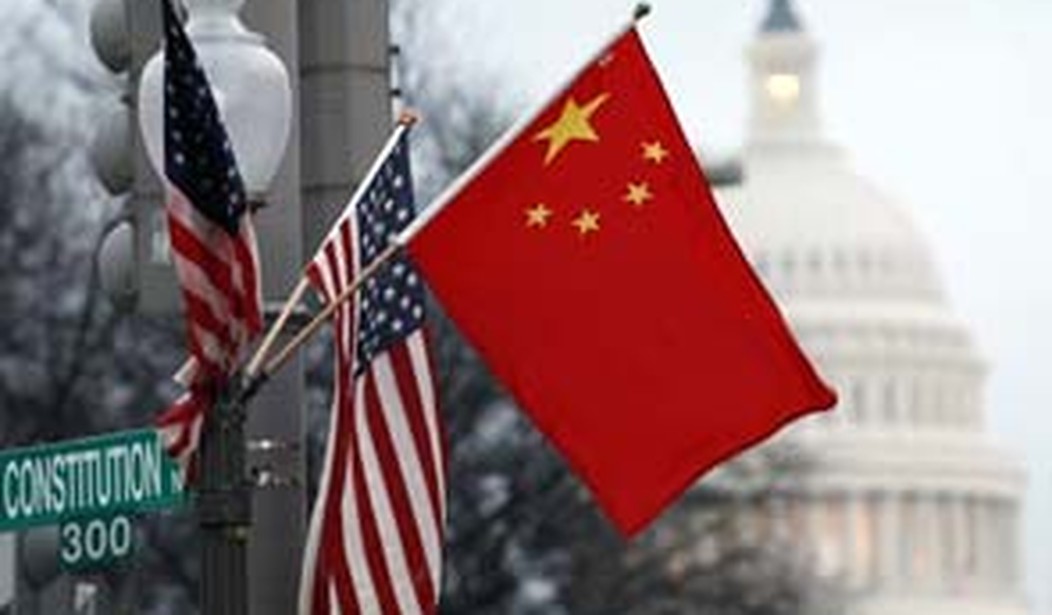WASHINGTON – Chinese leadership recently moved toward overhauling its judiciary system, while reaffirming that the Communist Party will remain above the law.
China concluded the Fourth Plenum – a meeting of the Chinese Communist Party top leaders – at the end of October. The meeting, focused on “ruling the country according to law,” served as an opportunity for party officials to confer and propose a set of reforms to the Chinese legal system in the plenum document, known as the Decision.
“The document coming out of this plenum was very frank about the depth and breadth of problems China faces in its legal system,” said Robert Daly, director of the Kissinger Institute on China and the United States at the Wilson Center. “It had almost a confessional quality to it.”
Speaking at a panel hosted by the Wilson Center, Donald C. Clarke, a Chinese law expert at the George Washington University, said the Decision did show some signs that China wants to move towards positive reforms to its legal system. But the Decision introduced no fundamental reform of China’s legal system and “still puts party first, law second,” he added.
In spite of this, Clarke said it would be mistaken to label the set of reforms outlined in the Decision as “meaningless” because it is not “advancing China towards some ideal of the rule of law that we have.”
In particular, Clarke praised China’s efforts to establish a career civil service model for the judiciary.
“There is not now a good system for identifying promising low-level judges and promoting them to different courts at higher levels,” he said, noting that junior-level judges can only make the jump to senior positions by starting at the same high-level court and working their way up.
Currently, judges and courts officials are generally selected more for their loyalty to the Communist Party than for their competence.
Clarke, however, said some of the reforms seem to conflict with each other.
The Chinese government said it will try to recruit lawmakers, judges, and prosecutors who are qualified as lawyers and law experts. This is similar to the U.S. system in which some lawyers are appointed to federal judiciary positions.
Clarke said the problem with this proposal “is that it contradicts the other idea of having the career civil service model” since many of these experienced lawyers will not have to start at a low-level court.
The Chinese government has demonstrated some commitment following through with its reform agenda. One area where the government has shown particular resolve is fighting corruption.
When Xi Jinping became the leader of the Chinese Communist Party in November 2012, he soon began a drive against corruption by officials and promised to snare both “tigers and flies” in his campaign.
The Central Commission for Discipline Inspection – the party’s watchdog – handled 172,000 corruption cases and investigated 182,000 officials in 2013.
By October 2014, the Xi leadership had purged 55 ministerial and provincial level leaders on corruption charges, including seven members of the Communist Party’s Central Committee – a body that comprises the party’s top leaders.
Andrew Wedeman, a professor of political science at Georgia State University, said corruption in China has worsened over the last decade.
As examples, Wedeman cited a series of recent corruption scandals that highlight how endemic the issue is in China.
In May, investigators detained a deputy director of the National Energy Administration. It took 16 machines to count the more than 200 million yuan he had stashed in his home, according to Xinhua.
When investigators searched in March the Beijing home of Xu Caihou, one of China’s highest-ranking army generals, they found so much cash and precious gems they needed a week to count it all and 15 trucks to haul it away.
“If you look at these scandals the easy conclusion is that this is about politics,” Wedeman said.
By going after the big tigers Xi Jinping is trying to consolidate his own power, Wedeman said. “[Xi] is showing that he is willing to take on anybody, regardless how high up they might be.”
But Xi is legitimately trying to stamp out corruption in China even though some of his objectives have been political, Wedeman said.
“This campaign is two years old. For two years, I keep expecting it to begin to wind down,” he said. “Some have suggested that this campaign is now the new normal and will keep going on.”
Wedeman said if the Chinese government were to continue on this path, it might have the positive effect of mounting pressure on officials and forcing them to be more careful.
Wedeman, however, does not expect corruption in China to disappear overnight, noting that the U.S. has had its own problems dealing with graft.
“The political machine in the U.S. was the norm before we became serious about fighting corruption around 1870. Guess what? We’re still fighting it,” he said, citing the recent case in which former Virginia Governor Bob McDonnell and his wife were found guilty of corruption.









Join the conversation as a VIP Member